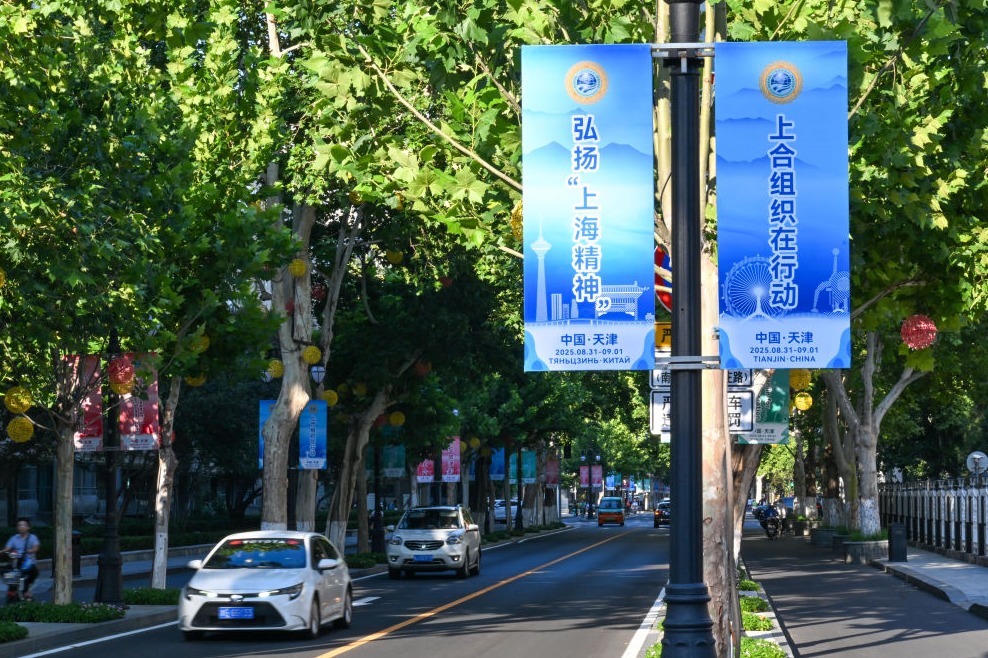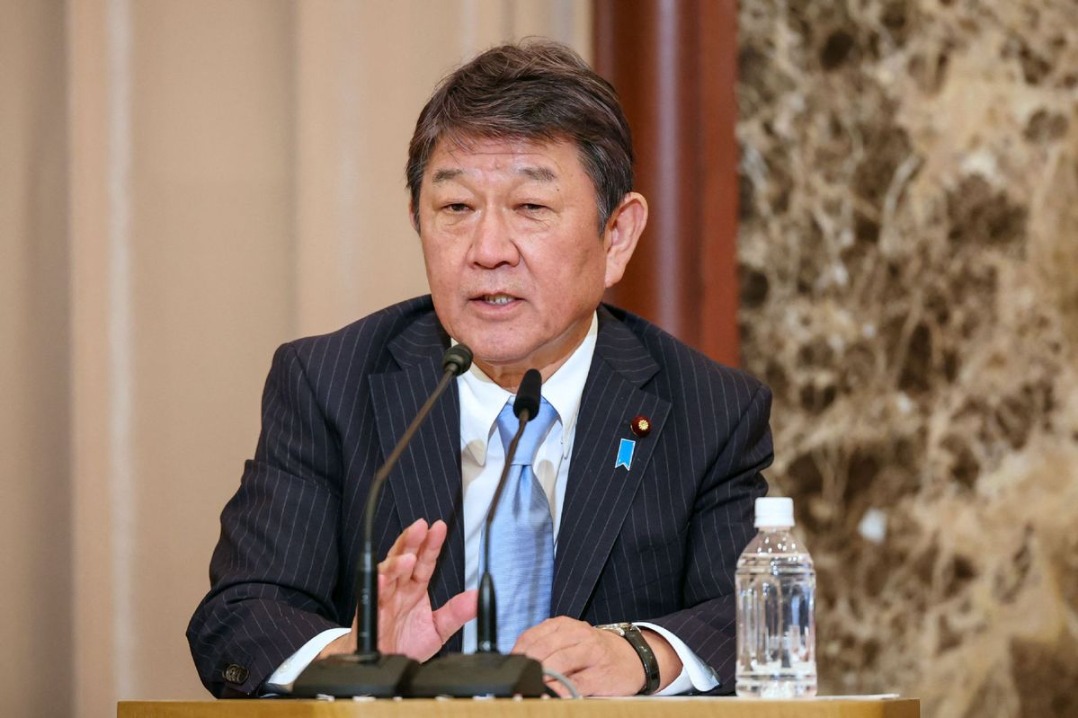China reiterates SCO role as 'dynamic platform for tangible cooperation'

A senior Chinese diplomat has firmly rejected claims that the Shanghai Cooperation Organization (SCO) functions as an "anti-Western" bloc, stressing its commitment to open cooperation and global stability.
At a press briefing on Monday, Fan Xianrong, an ambassador responsible for the work of China's SCO national coordinator, underlined that the organization's principles align with the United Nations Charter and promote inclusive multilateralism rather than confrontation.
"The SCO Charter makes it clear that the organization is not directed against any third country or international organization, a principle it has upheld since its founding 24 years ago," Fan said.
Far from being a symbolic forum, the SCO has evolved into a dynamic platform for tangible cooperation, Fan said, adding that its expanding membership — now encompassing 27 countries representing nearly half the world's population, one-quarter of global GDP, and the broadest geographic span of any international body — underscores its increasing influence and appeal.
Fan added that the Tianjin Declaration and a development strategy for the SCO in the 2026-2035 period, adopted at the recent summit in Tianjin, reaffirm SCO countries' commitment to the Shanghai Spirit, which features mutual trust, mutual benefit, equality, consultation, respect for diverse civilizations and pursuit of common development.
Amid mounting geopolitical tensions and economic uncertainty, the SCO seeks to promote "mutual benefit and shared success", contribute to a multipolar world order resilient to external shocks, and foster greater global solidarity and cooperation, he said.
"The allegation that the SCO is 'anti-Western' is groundless. Persisting in such claims amounts to nothing more than a deliberate smear campaign," Fan added.
While this year marks the 80th anniversary of victory in the World Anti-Fascist War and the founding of the United Nations, Fan noted that some countries continue to bypass the UN and pursue unilateral actions, running counter to the interests of the vast majority of nations.
At the Tianjin Summit, China also introduced the Global Governance Initiative, which Fan described as a timely response to the shared aspirations of peoples worldwide and the pressing demands of the times.
The initiative, he said, is consistent with the purposes and principles of the UN Charter and aims to strengthen global governance through the UN and other multilateral mechanisms, making it more effective in addressing today's challenges.
"China will work with the UN and all parties to enhance communication and coordination, advance the implementation of the GGI, and promote the building of a fairer and more equitable global governance system," Fan said.
































